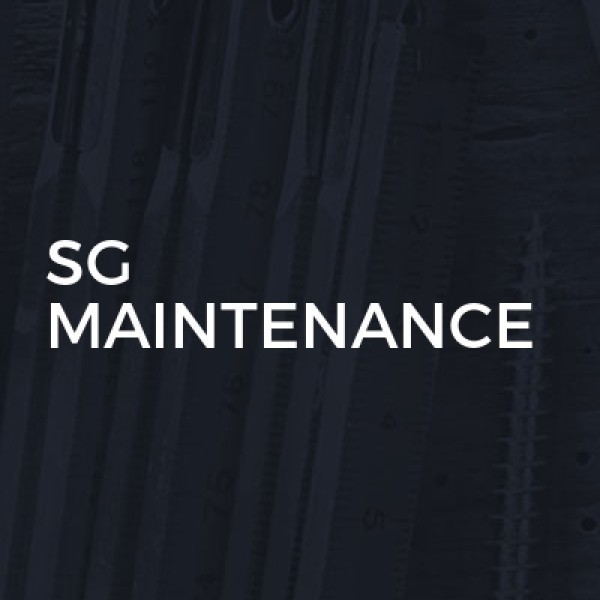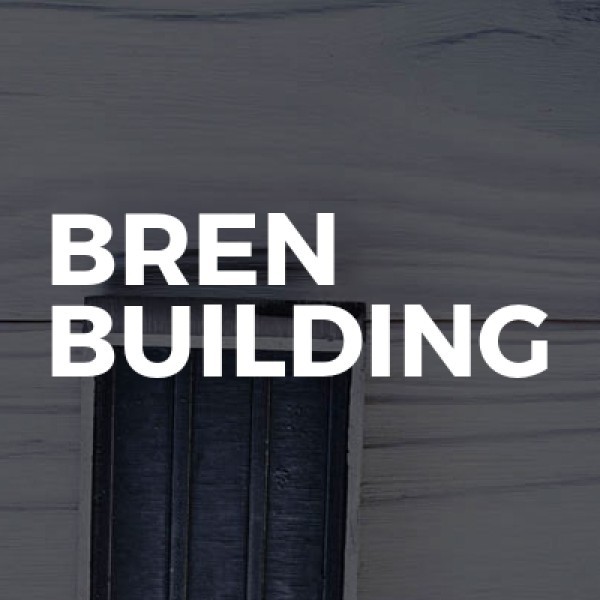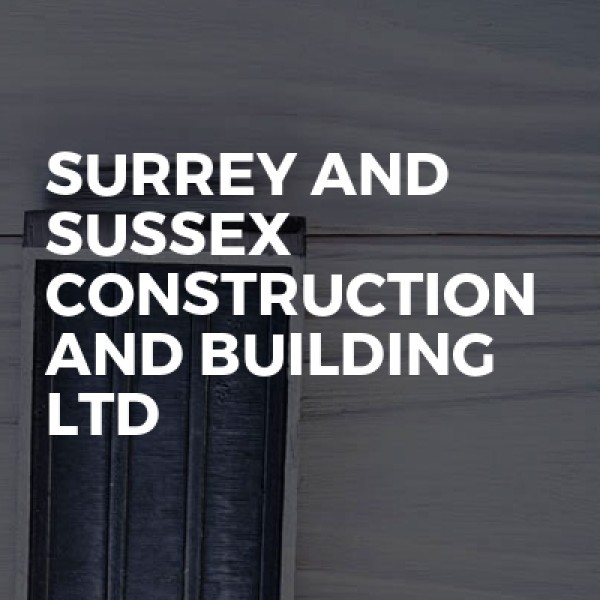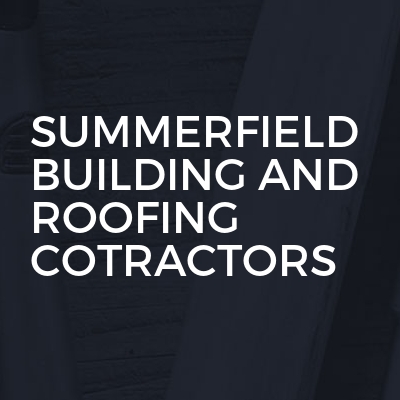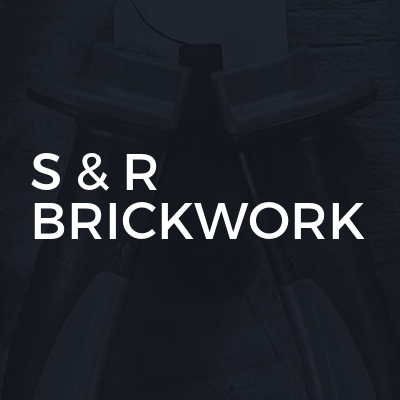Understanding the Role of Extension Builders in East Grinstead
East Grinstead, a charming town in West Sussex, is known for its rich history and picturesque landscapes. As families grow and lifestyles change, many residents find themselves in need of additional space. This is where extension builders in East Grinstead come into play. These skilled professionals help homeowners expand their living spaces, enhancing both functionality and property value.
The Importance of Choosing the Right Extension Builder
Choosing the right extension builder is crucial for ensuring a successful project. A reputable builder will not only bring your vision to life but also ensure that the extension is safe, compliant with local regulations, and completed on time. It's essential to consider factors such as experience, expertise, and customer reviews when selecting a builder.
Experience and Expertise
Experience is a key factor when selecting an extension builder. Builders with a proven track record in East Grinstead are likely familiar with local building codes and regulations. Expertise in various types of extensions, from single-storey to multi-storey, ensures that the builder can handle the specific requirements of your project.
Customer Reviews and Testimonials
Customer reviews and testimonials provide valuable insights into a builder's reliability and quality of work. Positive feedback from previous clients can give you confidence in the builder's ability to deliver a satisfactory outcome. It's advisable to check online reviews and ask the builder for references.
Types of Extensions Offered by Builders in East Grinstead
Extension builders in East Grinstead offer a variety of extension types to suit different needs and preferences. Understanding the options available can help you make an informed decision about the best type of extension for your home.
Single-Storey Extensions
Single-storey extensions are a popular choice for homeowners looking to add extra space without altering the overall structure of their home. These extensions are typically used to expand kitchens, living rooms, or dining areas. They offer a cost-effective way to increase living space while maintaining the home's original character.
Double-Storey Extensions
Double-storey extensions provide additional space on two levels, making them ideal for growing families. These extensions can significantly increase the size of a home, offering more bedrooms, bathrooms, or even a home office. While they require more planning and investment, the added space can greatly enhance the property's value.
Wrap-Around Extensions
Wrap-around extensions combine side and rear extensions to create a larger, more open living area. This type of extension is perfect for homeowners who want to maximise their living space and create a seamless flow between indoor and outdoor areas. Wrap-around extensions often involve significant structural changes, so choosing an experienced builder is essential.
Planning Permission and Building Regulations
Before embarking on an extension project, it's important to understand the planning permission and building regulations that apply in East Grinstead. These regulations ensure that extensions are safe, sustainable, and in keeping with the local environment.
When is Planning Permission Required?
Planning permission is typically required for larger extensions or those that significantly alter the appearance of a property. However, some smaller extensions may fall under permitted development rights, meaning they do not require formal permission. It's crucial to consult with your builder or local council to determine whether your project requires planning permission.
Understanding Building Regulations
Building regulations set standards for the design and construction of buildings to ensure safety and energy efficiency. All extensions must comply with these regulations, which cover aspects such as structural integrity, fire safety, and insulation. Your builder should be familiar with these requirements and ensure that your extension meets all necessary standards.
Budgeting for Your Extension Project
Budgeting is a critical aspect of any extension project. Understanding the costs involved and setting a realistic budget can help prevent financial strain and ensure the project runs smoothly.
Estimating Costs
The cost of an extension can vary widely depending on factors such as size, design, and materials. It's important to obtain detailed quotes from several builders to compare prices and services. Keep in mind that the cheapest option may not always be the best, as quality and reliability are crucial for a successful project.
Managing Unexpected Expenses
Unexpected expenses can arise during any construction project. To avoid financial surprises, it's wise to set aside a contingency fund of around 10-15% of the total budget. This fund can cover unforeseen costs such as structural issues or changes in material prices.
Designing Your Extension
The design phase is an exciting part of the extension process, allowing you to create a space that meets your needs and complements your home's existing style.
Working with an Architect
Collaborating with an architect can help bring your vision to life. Architects can provide valuable insights into design possibilities, space optimisation, and material selection. They can also create detailed plans that ensure the extension is both functional and aesthetically pleasing.
Incorporating Sustainable Features
Sustainability is an important consideration for many homeowners. Incorporating eco-friendly features such as energy-efficient windows, solar panels, and sustainable materials can reduce the environmental impact of your extension and lower energy costs in the long run.
Project Management and Timeline
Effective project management is essential for ensuring that your extension is completed on time and within budget. Understanding the typical timeline for an extension project can help you plan accordingly.
Setting a Realistic Timeline
The timeline for an extension project can vary depending on factors such as size, complexity, and weather conditions. On average, a single-storey extension may take 3-4 months to complete, while a double-storey extension could take 6-9 months. Your builder should provide a detailed timeline and keep you informed of any changes.
Coordinating with Contractors
Extension projects often involve multiple contractors, including electricians, plumbers, and painters. Coordinating these professionals is crucial for ensuring that the project progresses smoothly. Your builder should manage this coordination, ensuring that each contractor is scheduled appropriately and that their work meets the required standards.
Ensuring Quality and Safety
Quality and safety are paramount in any construction project. Ensuring that your extension meets high standards can prevent future issues and provide peace of mind.
Conducting Regular Inspections
Regular inspections throughout the construction process can help identify and address any issues early on. These inspections should be conducted by both the builder and, if necessary, an independent inspector to ensure that all work meets the required standards.
Finalising the Project
Once construction is complete, a final inspection should be conducted to ensure that the extension meets all building regulations and quality standards. Any issues should be addressed promptly before the project is officially finalised.
Frequently Asked Questions
- Do I need planning permission for a small extension? It depends on the size and location of the extension. Some small extensions may fall under permitted development rights.
- How long does it take to build an extension? The timeline varies, but a single-storey extension typically takes 3-4 months, while a double-storey extension may take 6-9 months.
- What should I look for in an extension builder? Consider experience, expertise, customer reviews, and familiarity with local regulations.
- How can I ensure my extension is energy-efficient? Incorporate features such as energy-efficient windows, insulation, and sustainable materials.
- What is a contingency fund? A contingency fund is a reserve of around 10-15% of the total budget set aside for unexpected expenses.
- Can I live in my home during the extension project? In many cases, yes, but it depends on the scope of the project and your comfort with the construction process.
In conclusion, extension builders in East Grinstead play a vital role in helping homeowners expand and enhance their living spaces. By choosing the right builder, understanding the types of extensions available, and planning carefully, you can create a beautiful and functional addition to your home that meets your needs and adds value to your property.




